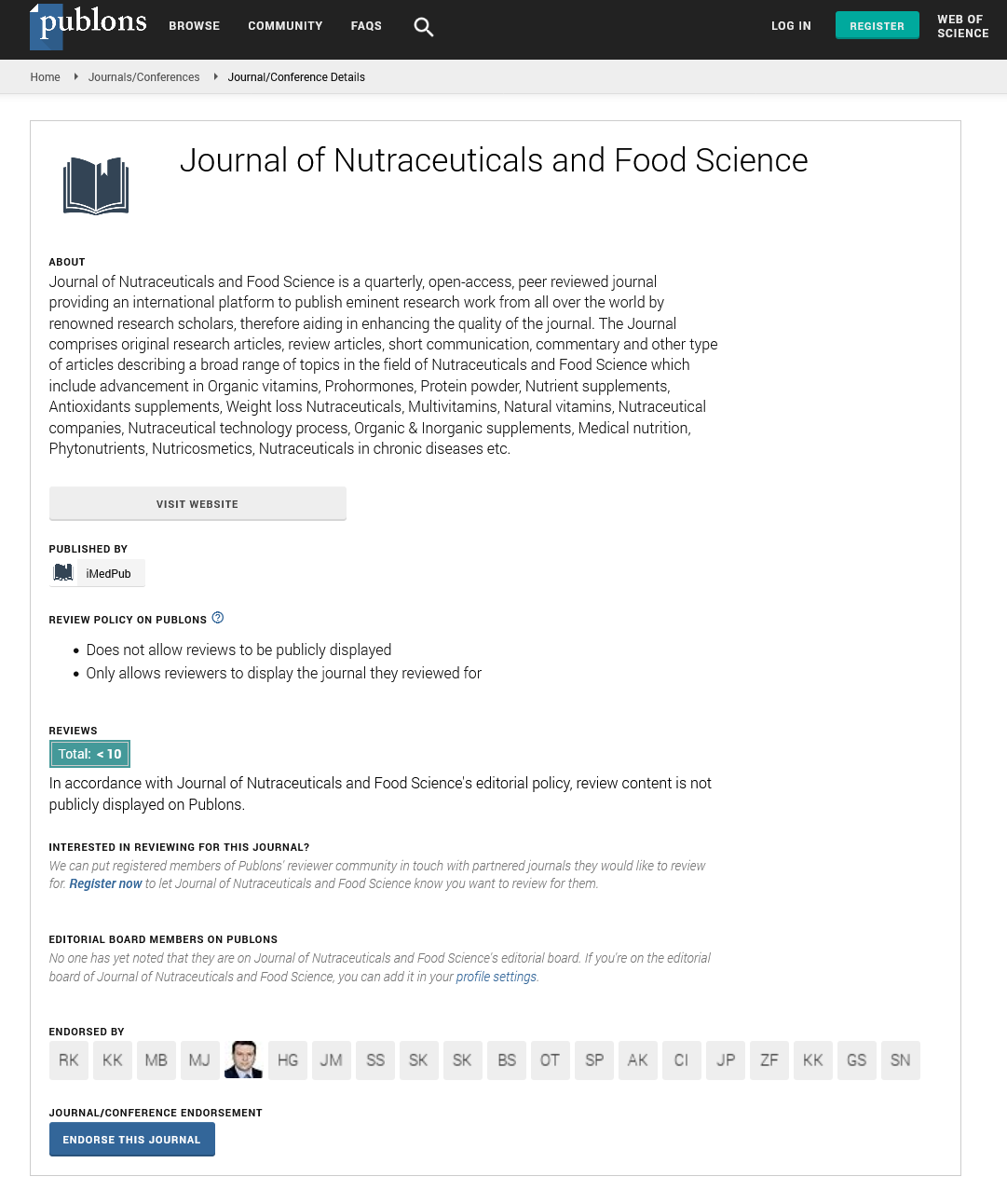Abstract
The Impact of Saccharomyces boulardii and Kluyveromyces marxianus Postbiotics on Gastrointestinal Health and Psychological Well-Being
Background: The gut microbiome plays a pivotal role in overall health, influencing both gastrointestinal and psychological well-being. This study aimed to evaluate the impact of the postbiotics Saccharomyces boulardii ABB S3 and Kluyveromyces marxianus ABB S8 on individuals experiencing gastrointestinal discomfort and to assess their potential in improving gut health and psychological states. The hypothesis was that daily administration of these postbiotics would lead to significant improvements in gastrointestinal symptoms, gut microbiota composition and psychological well-being.
Methods and findings: Seventeen healthy volunteers experiencing gastrointestinal discomfort participated in this one-month study. Participants received a daily capsule of postbiotics. The study assessed changes in gastrointestinal symptoms, gut microbiota composition and psychological well-being through symptomatic ratings, microbiota testing and psychological measures. The intervention led to a significant reduction in gastrointestinal symptom severity with the average digestive distress score decreasing from 4.61 to 1.79. There was also an observed increase in beneficial gut flora abundance and improvements in quality of life and reduced levels of anxiety and somatization. Adverse events were minimal and did not detract from the strong adherence and safety profile of the study. However, the study's limitations include its small sample size and the absence of a control group.
Conclusions: The postbiotic regimen appears to be effective in alleviating gastrointestinal discomfort and improving the composition of the gut microbiota, thereby enhancing participants' psychological well-being and quality of life. These findings suggest the potential of these postbiotics as a therapeutic option for individuals experiencing gastrointestinal distress. Future research with larger sample sizes and controlled study designs is recommended to validate these results and further explore the role of postbiotics in gut health and psychological well-being.
Author(s): Jordi Cune Castellana1, Maria Tintore Gazulla1, Laia Mart�??�?� Melero1, Carlos de Lecea Flores de Lemus1 and Agusti Marti Gil2*
Abstract | Full-Text | PDF
Share this

Google scholar citation report
Citations : 393
Journal of Nutraceuticals and Food Science received 393 citations as per google scholar report
Journal of Nutraceuticals and Food Science peer review process verified at publons
Abstracted/Indexed in
- Google Scholar
- Publons
- Secret Search Engine Labs
Open Access Journals
- Aquaculture & Veterinary Science
- Chemistry & Chemical Sciences
- Clinical Sciences
- Engineering
- General Science
- Genetics & Molecular Biology
- Health Care & Nursing
- Immunology & Microbiology
- Materials Science
- Mathematics & Physics
- Medical Sciences
- Neurology & Psychiatry
- Oncology & Cancer Science
- Pharmaceutical Sciences


